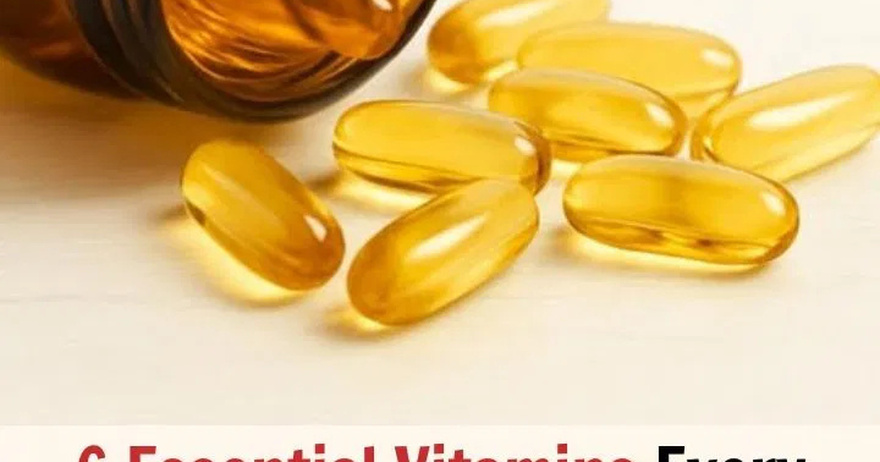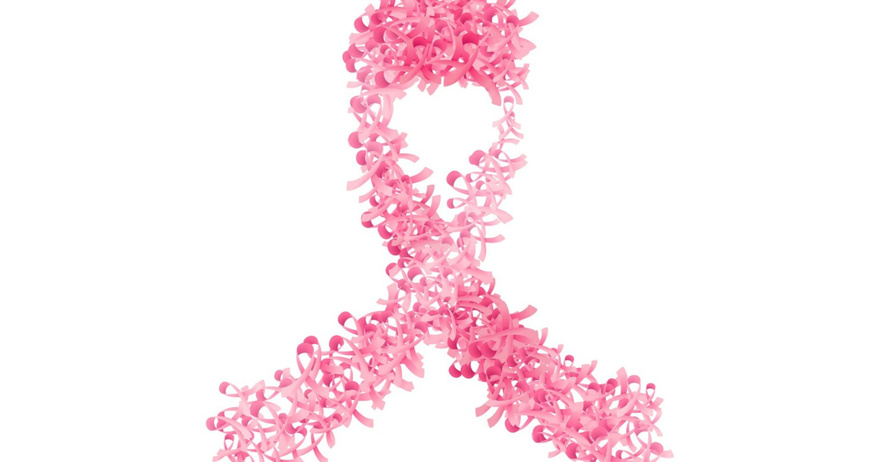After the age of 50, many women begin to notice more pronounced physical changes—aches, slower metabolism, reduced energy, or weaker bones and joints. These shifts are natural, but they also serve as reminders that taking proactive steps toward better health becomes more important than ever.
That’s why adding essential vitamins and supplements to your routine can help you not only manage aging but thrive through it. Here’s a look at some of the most beneficial nutrients for women over 50, each chosen to promote long-term health and reduce the risk of can.cer.
1. Omega-3
Omega-3s are well-known for their powerful anti-inflammatory effects, making them an excellent supplement as we age. Found naturally in fatty fish like salmon and sardines, omega-3 fatty acids—particularly DHA and EPA—help maintain cardiovascular health, support brain function, and reduce inflammation that contributes to diseases like diabetes, arthritis, Alzheimer’s, and some can.cers.
These fats also improve circulation and may even enhance memory and mood. Since the body cannot produce omega-3s on its own, supplements are a reliable way to ensure you’re getting enough.
However, those on blood thinners should consult a doctor, as omega-3s can affect clotting.
2. Vitamin D

Often called the “sunshine vitamin,” vitamin D is critical for maintaining bone strength and calcium absorption. After 50, the risk of osteoporosis and fractures rises significantly, especially in postmenopausal women.
Vitamin D also supports the immune system and may lower the risk of heart disease, can.cer, and autoimmune conditions.
The recommended daily intake ranges from 600 to 800 IU (15–20 mcg), depending on your health profile and lifestyle.
Without adequate vitamin D, calcium cannot do its job properly, so the two often work best together.
3. Calcium
Calcium is another cornerstone of bone health. As we age, bone density tends to decrease, increasing the risk of fractures and conditions like osteoporosis.
This is especially true after menopause, when estrogen levels drop and bone loss accelerates.
Women over 51 are advised to consume around 1,200 mg of calcium daily. If your diet lacks dairy products or other calcium-rich foods, supplements such as calcium citrate may help you meet this target.
4. Magnesium
Magnesium plays a vital role in hundreds of biochemical processes in the body, including muscle and nerve function, blood sugar regulation, and energy production.
As people get older, they often experience poor sleep, fatigue, and muscle cramps, many of which are linked to magnesium deficiency.
This mineral also supports heart rhythm and helps you manage stress and anxiety.
5. Probiotics

A healthy gut microbiome becomes even more important as you age. Your digestive system affects everything from immunity to mood, hormone balance, and nutrient absorption.
During and after menopause, many women notice increased bloating, gas, or constipation due to hormonal changes.
Probiotics help restore balance to gut bacteria, easing digestive discomfort and even supporting mental health.
6. Collagen
Collagen is a protein that supports the structure of your skin, joints, and bones. Naturally produced by the body, collagen levels decline significantly with age, especially after menopause.
This leads to skin wrinkles, joint stiffness, and a decrease in bone strength.
Research has shown that daily collagen intake can enhance skin hydration, slow bone loss, and even increase muscle mass when paired with resistance training.
Conclusion
Once you reach your 50s, it’s more important than ever to give your body the tools it needs to stay strong and vibrant. Adding key vitamins and supplements—such as omega-3s, vitamin D, calcium, magnesium, probiotics, and collagen—can help fill nutritional gaps, support vital functions, and reduce your risk of can.cer.
With guidance from your healthcare provider, these supplements can become powerful allies in your journey to healthier, more fulfilling golden years. Don’t wait—start today and take charge of your long-term well-being.
Roseanne Barr Didn’t Know ‘The Conners’ Was Ending: ‘We Don’t Care’ About ‘Knockoffs’
Camila Cabello Takes Aim at Katy Perry Sharing Her Setlist on Space Trip to Promote Her Own Upcoming Tour
Lindsay Lohan Shows off Her Natural Glow in Makeup-Free Instagram Selfies
Do You Remember This Iconic Beauty Tool? If You’re Old Enough, You Might Recall Its Glamorous Days. Discover The Amazing Stories Behind Its Legacy





























